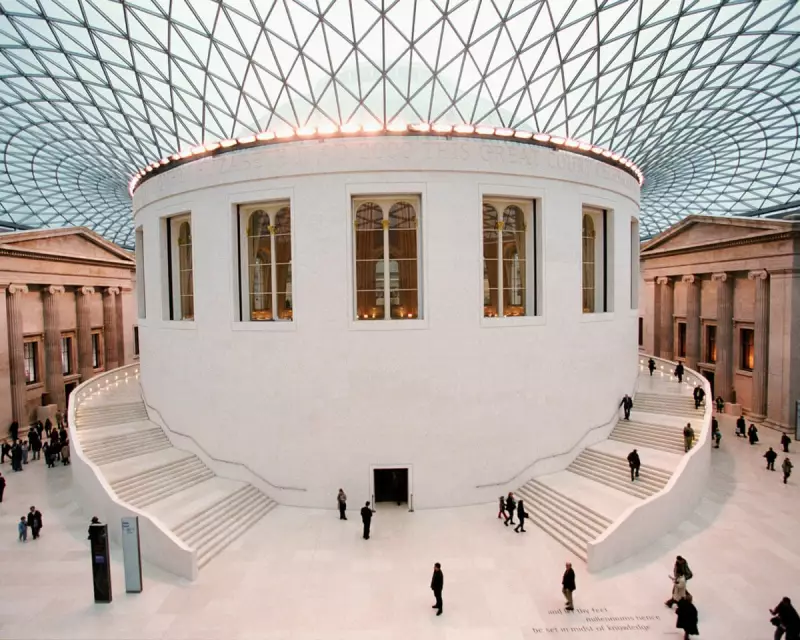
British Museum Severs Ties with Tobacco Giant After 15 Years
The British Museum has officially terminated its controversial 15-year sponsorship agreement with Japan Tobacco International (JTI), following mounting pressure from health experts and government scrutiny. The decision marks a significant victory for campaigners who had long argued the partnership violated international health guidelines.
The museum's board elected not to renew the partnership when it naturally concluded in September, though the announcement comes after revelations that the government had raised serious concerns about the arrangement earlier this year.
Government Intervention and WHO Violations
Pressure group Culture Unstained uncovered through a freedom of information request that the Department of Health and Social Care had expressed concerns to the Department for Culture, Media and Sport in January about the sponsorship deal. The government departments identified that the arrangement potentially breached the World Health Organization's framework convention on tobacco control (FCTC), which explicitly prohibits states from advertising and promoting smoking products.
The timing of JTI's name removal coincided with the publication of a damning report from the Tobacco Control Research Group at the University of Bath. The research indicated that the sponsorship formed a crucial component of JTI's lobbying strategy, using cultural institutions to enhance its public image.
Long-Standing Opposition from Health Experts
Opposition to the tobacco sponsorship dates back to 2016, when 1,000 experts signed an open letter to both the British Museum and the Royal Academy of Arts condemning what they described as "morally unacceptable" sponsorship by JTI.
Dr Allen Gallagher, co-director of the Tobacco Control Research Group, welcomed the museum's decision, stating that such agreements "enable a deadly industry to use UK cultural institutions as a way to try and improve its public image."
Labour MP Dr Simon Opher, who also works as a GP, expressed his concerns more bluntly: "I find it deeply troubling that a national cultural institution has been sponsored by a tobacco company for 15 years in clear breach of WHO guidelines." He emphasised that public bodies should never legitimise industries that profit from harm.
Museum Defends Funding Strategy Despite Controversy
A British Museum spokesperson acknowledged JTI's support while defending the institution's funding approach. "The museum operates on public and private funding which ensures the magnificent collection remains free and accessible to the public for centuries to come," they stated.
The spokesperson emphasised that as a public body, the museum has an obligation to secure financial stability through multiple funding sources, noting that JTI's support had helped increase accessibility for under-represented adults.
However, the decision highlights ongoing tensions surrounding corporate sponsorship of cultural institutions in the UK, with the British Museum frequently at the centre of such debates.
Broader Sponsorship Controversies Continue
The museum continues to face criticism over its 10-year £50 million sponsorship deal with BP signed in 2023, which climate activists have described as "astonishingly out of touch." The controversy came to a head during the museum's inaugural Pink Ball in October, where protests disrupted the £2.5 million fundraising event.
Museum director Nicholas Cullinan has previously outlined his criteria for evaluating donations and sponsorship: "One is: was the money legally acquired? The other is: will accepting it cause us reputational damage?" He argued that museums need clear reasons to reject money that helps maintain free public access.
The industry is showing signs of change, with members of the Museums Association voting last month to adopt a new code of ethics expecting museums to transition away from sponsorship by organisations involved with environmental harm, human rights abuses, and other activities conflicting with museum values.
While JTI no longer sponsors the British Museum, it continues its partnerships with the Royal Academy of Arts and the London Philharmonic Orchestra, ensuring the debate around tobacco sponsorship in the arts sector is far from over.





